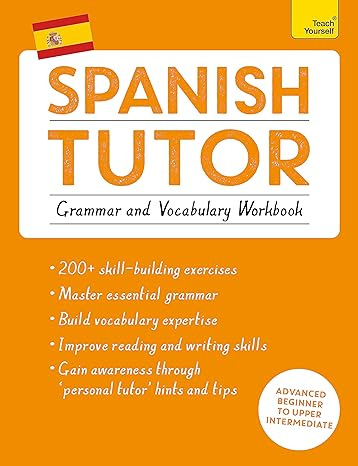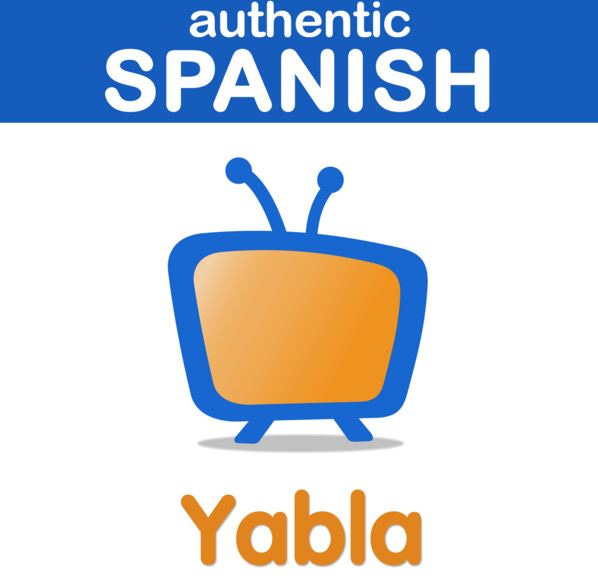📖Wednesday’s Spanish Language Newsletter! (149)
¡"Spanish Language Newsletter" del Miércoles! (149)
You’re reading the free edition of Spanish Language and Spain Culture, a newsletter by Ángeles Fernández, which you can read about here.
Here you can find free information but... if one day you change your mind and decide to support my work... that would be great! If you value my work and find it useful, please consider subscribing.
(This newsletter may contain affiliate links. Regardless, I only recommend sites I've researched and/or used and trust.)
¡Hoy es miércoles! (Today is Wednesday!)
Aquí tienes las secciones “La palabra, el refrán y la forma coloquial de la semana”. Además, al final de este “post” encontrarás un enlace con los calendarios y temas de todos los eventos programados hasta ahora...
(Here you have the sections "The word, the saying and the colloquial form of the week". In addition, at the end of this "post" you will find a link to the calendars and subjects of all the events scheduled so far...)
¡A practicar! La pregunta de la semana. (Let's practice! Question of the week.)
El calendario de conversaciones gratis para esta semana. (The free conversation calendar for this week.)
Los calendarios y la información para nuestros dos Clubs de Lectura. (Calendars and information for our two Book Clubs.)
El calendario de nuestras clases en grupo. (The calendar of our group classes.)
Mi recomendación del miércoles:
Algunos de mis estudiantes me han dicho que están usando este libro: “Spanish Tutor: Advanced beginner to upper intermediate course” y me han dado buenas referencias, lo encuentran muy útil. Espero que te ayude a ti también con tu español.
(Some of my students have told me that they are using this book: “Spanish Tutor: Advanced beginner to upper intermediate course” and have given me good references, they find it very useful. I hope it helps you too with your Spanish.)
🔶Recuerda que desde ahora puedes encontrar nuestros calendarios de actividades y links más usados aquí: (Remember that from now on you can find our activity calendars and most used links here) :
Practica con Yabla! - Practice with Yabla!
Prueba Yabla… ¡Te va a encantar! Muchísimos videos interactivos -de series y programas de televisión- con subtítulos, traducciones y ejercicios.
Try Yabla... You'll love it! Lots of interactive videos - from TV series and programmes - with subtitles, translations and tests.
© Ángeles Fdez. R. (2024) (https://spanishlanguage.substack.com)
CRÉDITOS DE LAS IMÁGENES (IMAGE CREDITS):
REFERENCIAS (REFERENCES):















Como siempre, muy interesante. El verbo "to enchant" existe en inglés pero no se uso en el lenguaje de todos los días. Pero "enchanting" se encuentra de vez en cuando por ejemplo "an enchanting evening" (encantador) y "enchanted" se encuentra bastante en los cuentos de hades : The enchanted forest o the enchanted house etc. con el sentido hechizado. Has eligido un refrán fantástico porque no hay una buena traducción palabra por palabra. Tenemos "too many cooks spoil the broth" pero en este caso todos creen tener razón sobre la manera de hacer algo así que el resultado es un desastre. 🤣 Hay igual "Too many chiefs and not enough Indians" - se dice cuando hay demasiados jefes que dan ordenes sin tener suficientes subordinados para ejecutarlos. 🤣 Muchísimas gracias Ángeles 💖